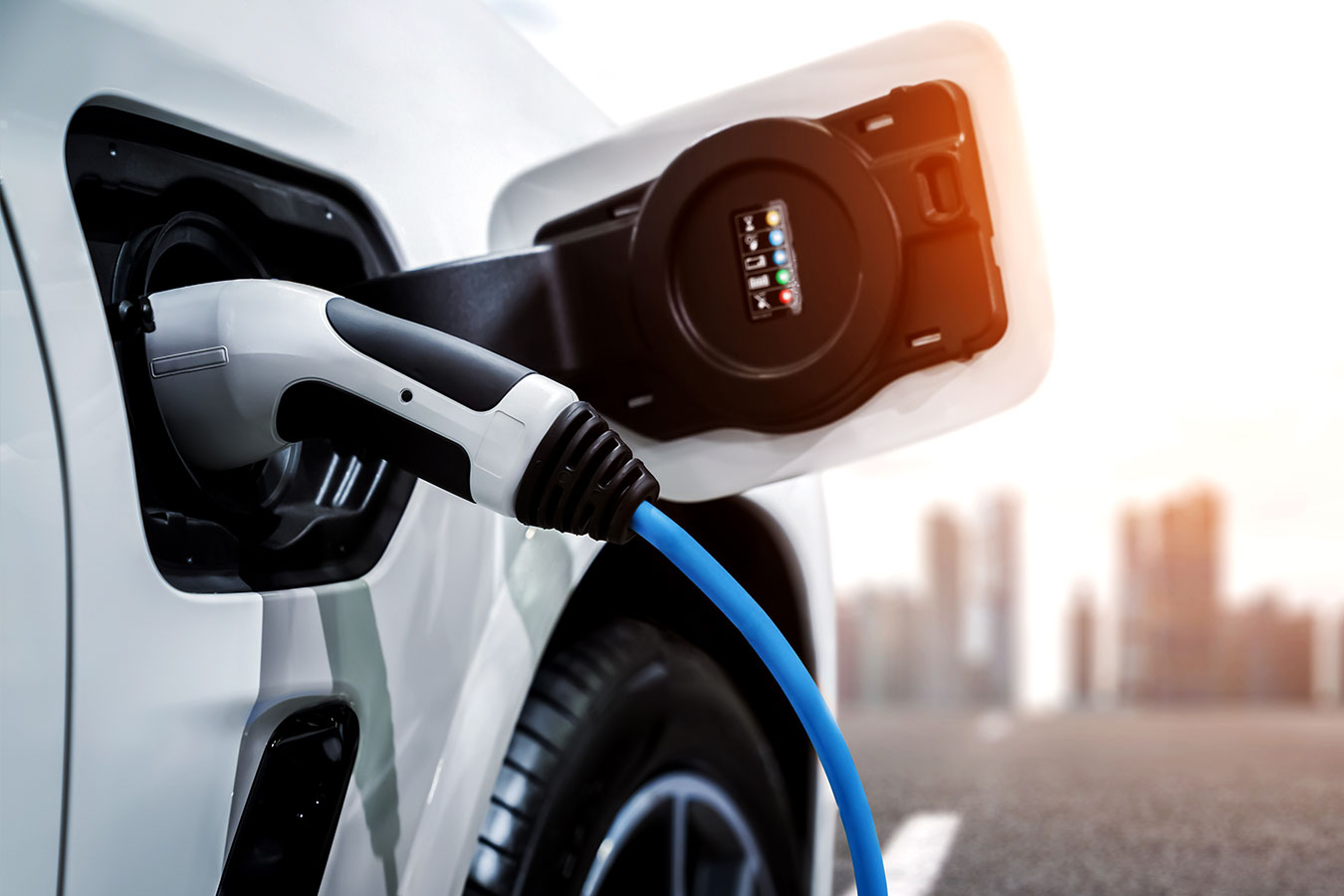By Drew Hinrichs, CPA, CEO of Engage Advisors
If you’ve heard about the tax credits available when you buy an electric vehicle (EV), you’ve probably also heard about how complicated it is to qualify. But if you were already interested in owning an EV, these tax credits sweeten the deal. Here’s a quick overview.
Nonrefundable Tax Credit for EVs
The electric vehicle tax credit, or the EV credit, is a nonrefundable tax credit offered to taxpayers who purchase qualifying electric vehicles or plug-in hybrid vehicles. The maximum credit for an EV that meets all the requirements is $7,500. Plug-in hybrid vehicles continue to qualify for the credit, as well as fully electric vehicles. For the first time, qualifying used EV’s are eligible for a tax credit up to $4,000, with a limit of 30% of the sales price. Taxpayers can only claim one credit per vehicle. These nonrefundable tax credits lower your tax liability by the corresponding credit amount.
Price Caps for Cars and SUVs – Be Sure You Know the Difference
New vans, SUVs and pickup trucks must have a manufacturer’s suggested retail price of $80,000 or under to qualify for the credit. Other new vehicles, such as sedans and passenger cars, are capped at $55,000. The catch here is that when it comes to electric vehicles, distinguishing between an SUV and a sedan isn’t always obvious. Many consumers consider Tesla’s Model Y to be an SUV, but the IRS counts it as a car. According to the IRS, the Volkswagen ID.4 is a car -unless it has all-wheel drive, in which case it’s an SUV. Bottom line, when you’re looking at vehicles, be sure you know how it’s classified with the IRS before you buy.
Made in the USA
Because the EV tax credits were part of a massive bill that also sought to beef up American manufacturing, one of the requirements is that qualifying cars must be made in America. That rules out some popular choices like the Kia EV6 and Hyundai Ioniq.
Waiting on New Battery Requirements
To qualify for the full $7,500 credit, the EV battery is also supposed to be manufactured in the U.S., otherwise you’re only eligible for $3,750. This requirement hasn’t kicked in yet because the IRS is still figuring out what the rules will be. Historically, battery supply chains have been concentrated in Asia, making this a big lift for U.S. carmakers, especially in the short term.
Until the IRS has its rules in place, which is not expected to happen until March 2024, at the earliest, the Treasury Department says the battery restrictions don’t apply. If there’s an EV you like, you may want to take advantage of this window of opportunity and buy it now in order to get the full credit, versus half the credit if you buy it later.
Income Caps
If you earn too much, you won’t qualify for the credits. The new credit sets limits on the modified adjusted gross income (MAGI) that taxpayers can make. Here are the income caps for buying a new EV:
- $300,000 for married couples filing jointly
- $225,000 for heads of households
- $150,000 for all other filers
The income caps for buying a used EV are half of what’s listed for buying a new EV.
How to Qualify if Your Income is High
If it looks like you earn too much, you still might be able to qualify for the tax credit. According to the IRS, you can use your MAGI from either the year the car is delivered or the year before delivery. If your income exceeded the threshold one year, but was below the cap during the other year, you should be able to take advantage of the credit. If that doesn’t help, you can consider tax strategies that would lower your income, such as maxing out your 401K.
Charging Infrastructure
In some cases, the installation of charging infrastructure for electric vehicles may also be eligible for tax credits or deductions. Consult with a tax professional to explore any available incentives for installing EV charging stations on your business premises.
Leasing an EV
At the end of 2023, the IRS clarified its rules for tax credits when an EV is leased, and these are far less complicated. There are no requirements that vehicles be made in the U.S., no price cap for vehicles, and no income caps. If you want to lease a Kia EV6 from Korea, or a six-figure luxury sedan, you can. The tax credit goes to the company leasing the vehicle out — not the person driving it — and companies aren’t required to pass the savings on to consumers. But the tax credit has worked like this for years now, and companies typically have passed along the discount.
Keep Up with Changing Tax Laws
Remember, tax laws can change, so it’s crucial to stay informed about any updates or modifications to the EV Tax Credit and consult with a tax professional for the most accurate and up-to-date information. It’s always advisable to work with a dental tax professional who can provide personalized advice based on your specific industry, situation, and the current tax laws.
If you have questions about tax planning for your dental practice, Contact us at Engage Advisors. We’ll make sure your tax plans are up to date and that you’re taking all the deductions you’re entitled to.

